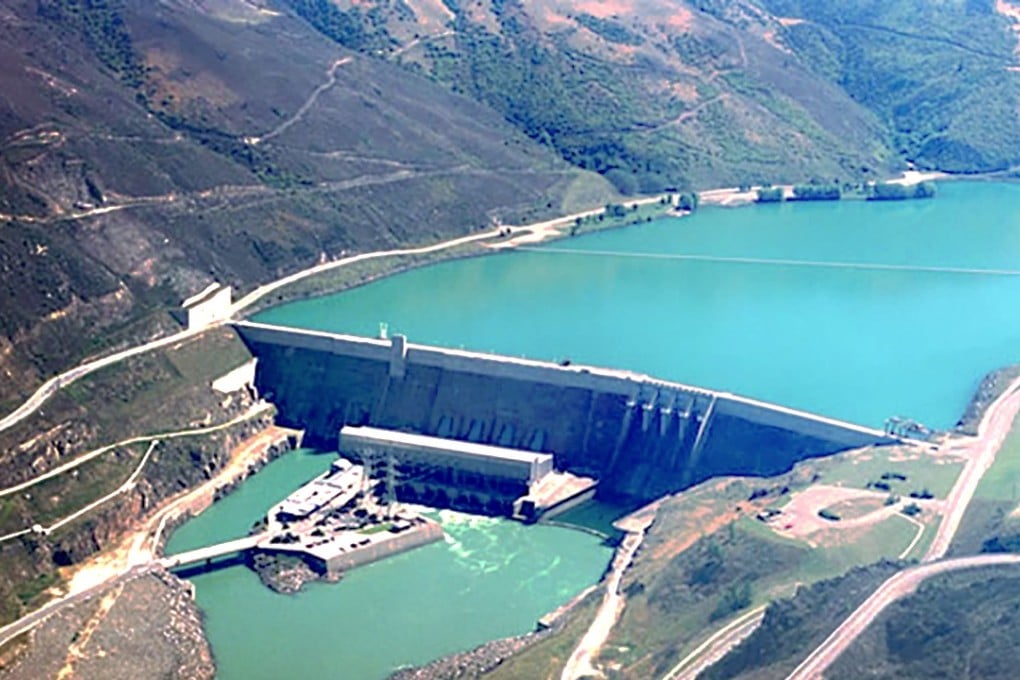Pakistan pulls plug on dam deal over China’s ‘too strict’ conditions in latest blow to Belt and Road plans
Islamabad rejects terms as being ‘against our interests’ days after Nepal cancelled another major infrastructure project

Pakistan has decided to cancel a US$14 billion infrastructure agreement with China because it could not accept the hyper strict conditions, local media reported, in another setback to Beijing’s overseas ambitions.
The exclusion of the Diamer-Bhasha dam from the China-Pakistan Economic Corridor (CPEC) framework, a key element to Beijing’s Belt and Road Initiative, was because China’s hyper strict conditions for funding the project were “not doable and against our interests”, Pakistan’s Express Tribune quoted Water and Power Development Authority chairman Muzammil Hussain as saying on Thursday.
The harsh conditions included China taking ownership of the project, the operation and maintenance costs and pledging to build another operational dam.
The project will go on ahead, however, as Pakistan has decided to finance the project – which will generate 4,500 megawatts (MW) of hydropower – itself.
The decision comes only a few days after Nepal called off a US$2.5 billion hydropower plant awarded to a Chinese state-owned company, which was also part of the Belt and Road Initiative.
China and Pakistan are due to hold a meeting about the CPEC on November 21. The two sides have prioritised about 15 thermo energy projects valued at US$2.2 billion.